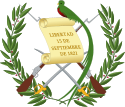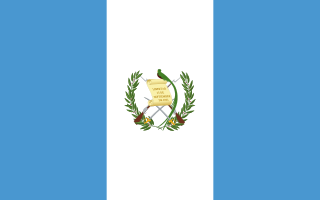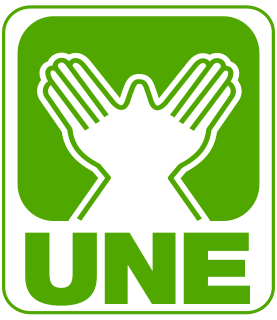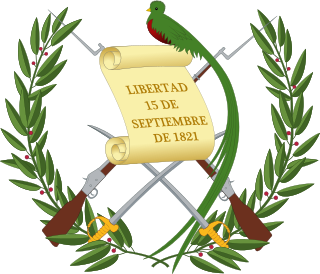
Politics of Guatemala takes place in a framework of a presidential representative democratic republic, where by the President of Guatemala is both head of state, head of government, and of a multi-party system. Executive power is exercised by the government. Legislative power is vested in both the government and the Congress of the Republic. The judiciary is independent of the executive and the legislature.

Óscar José Rafael Berger Perdomo was President of Guatemala from 2004 to 2008.

General elections were held in Guatemala on 9 November 2003, with a second round of the presidential election held on 28 December. Óscar Berger won the presidential election, representing the Grand National Alliance, a coalition of alliance of the Patriotic Party, the Reform Movement and the National Solidarity Party. The Alliance were also victorious in the Congressional elections, winning 47 of the 158 seats. Voter turnout was 57.9% in the Congressional elections, 58.9% in the first round of the presidential elections and 46.8% in the second.

The National Advancement Party is a conservative political party in Guatemala. It was founded in 1989.
The Grow Party formerly Grand National Alliance was a right-wing conservative political party in Guatemala. The acronym "GANA" also spells out the word gana, from the verb ganar, "to win".

Marco Vinicio Cerezo Arévalo is a Guatemalan politician. He served as President of Guatemala from January 14, 1986 to January 14, 1991. He was the first president of the modern democratic era.
Guatemalan Christian Democracy was a political party in Guatemala. A moderate, reformist and anti-Communist party, it was a member of Christian Democrat International.

General elections were held in Guatemala on 11 September 2011 in order to elect the President, Vice President, members of Congress, members of the Central American Parliament and mayors and councillors for all municipalities. The Patriotic Party emerged as the largest party in Congress, winning 56 of the 158 seats.
Renewed Democratic Liberty was a centre-right political party in Guatemala.
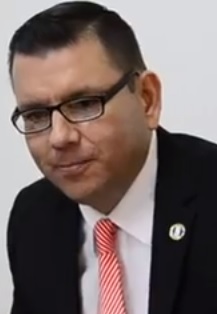
Manuel Antonio Baldizón Méndez is a Guatemalan politician, lawyer, and hotel entrepreneur. He was the leader of the "Libertad Democrática Renovada" (LIDER) Renewed Democratic Liberty party and was a candidate in the 2015 presidential election placing third and losing to Jimmy Morales. He was also a candidate in the 2011 presidential election, placing second and losing to Otto Pérez Molina in a run-off vote. On January 20, 2018, he was captured in the United States, when he was accused of accepting bribes from Odebrecht.

Guatemala–Mexico relations refers to the historical and current bilateral relationship between Guatemala and Mexico. Both nations are members of the Association of Caribbean States, Community of Latin American and Caribbean States, Organization of American States, Organization of Ibero-American States and the United Nations.

General elections were held in Guatemala on 6 September 2015 to elect the President and Vice President, all 158 Congress deputies, all 20 deputies to the Central American Parliament, and mayors and councils for all 338 municipalities in the country.

Fuerza is a political party in Guatemala.
The order of precedence in Guatemala is a symbolic hierarchy of officials used to direct protocol. It is regulated by Presidential Decree 07-2003 of March 11, 2003. signed by then President Alfonso Portillo, President of the Congress Efraín Ríos Montt and Former Interior Minister José Adolfo Reyes Calderón.
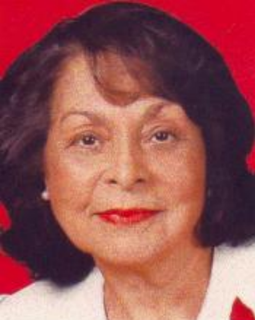
Haydee Raquel Blandón Sandoval, is a lawyer, activist and political leader who was the First Lady of Guatemala during the period of January 14, 1986, to January 14, 1991, as wife of the President of Guatemala Marco Vinicio Cerezo Arévalo. She was a candidate for Vice President of Guatemala in the 2011 elections for the Renewed Democratic Liberty party, led by Manuel Baldizón.

Alejandro Eduardo Giammattei Falla is a Guatemalan politician and former director of the Guatemalan Penitentiary System in 2006. He participated in Guatemala's presidential elections in 2007, 2011 and 2015.
